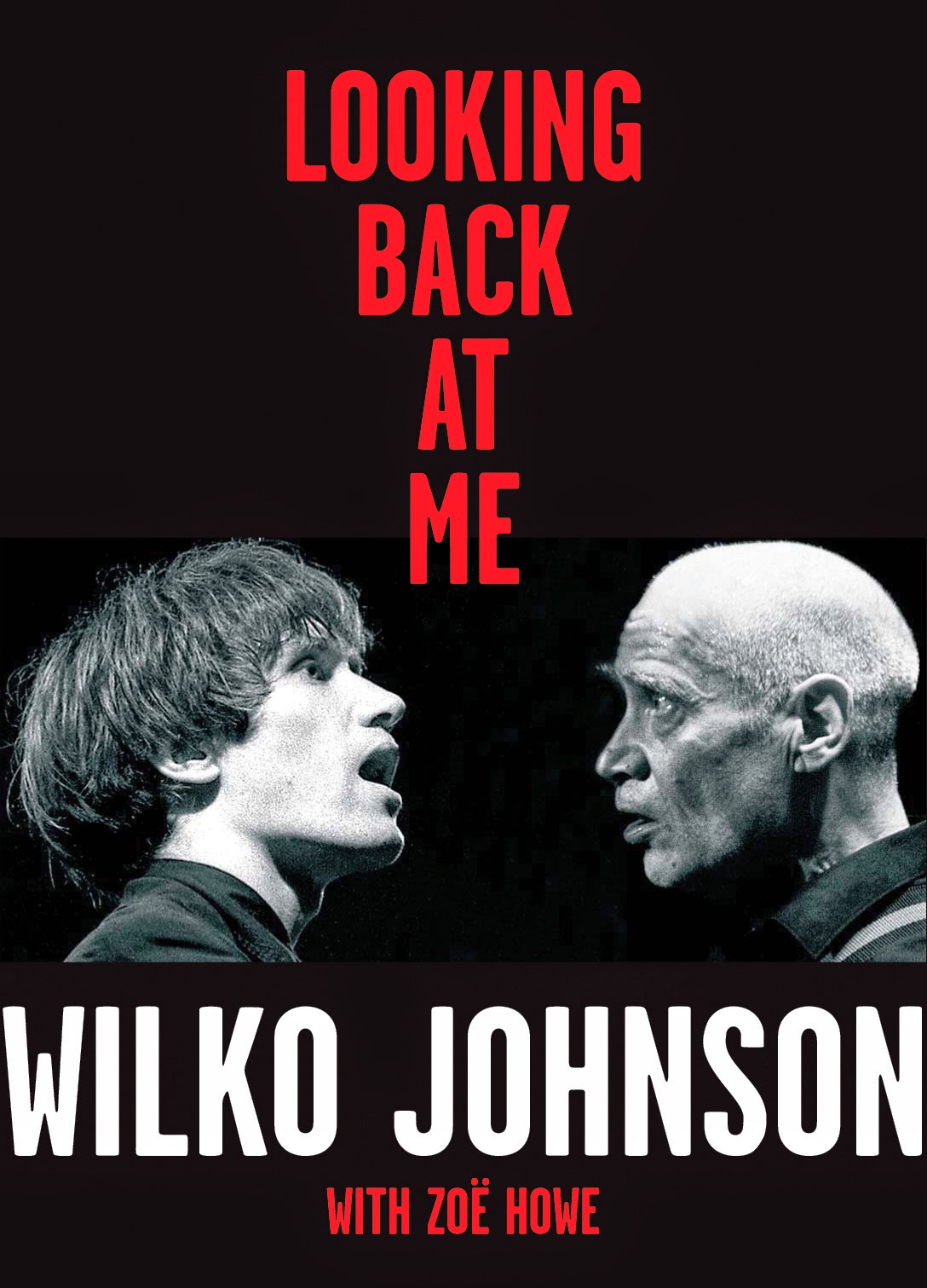Before I go into writing about this book I thought I’d say a
little about Unbound first. Unbound is amazing! If you don’t know about them,
you really should. Basically authors can pitch their ideas for books directly
to us (the readers) so we can see what they are thinking about writing. If you
like the sound of it and would like to see it in print you pledge money,
obviously the more you pledge the more goodies or rewards you get when/if the
donations reach their goal. For example the smallest pledge will get a copy of
the book in ebook format all the way up to dinner with the author (or whatever
they are offering) when the total is reached the authors then go and write the
book. All the pledgeies (well, that’s not a word but you know what I mean) get
their name printed in the back of the book, but most importantly you get to
point to a book on the shelf of your local bookstore and say “I made that happen!”
I first heard about Unbound (as most people find out about random stuff these
days) through a celebrity on twitter! Yup, Robert Llewellyn (of Red Dwarf fame)
was talking about his idea for a book ‘Notes From Gardenia’ a future utopia
story (not the easiest of genre stories to try and write) and it’s brilliant,
but not what I’m writing about now, but I will say that he has had two sequels
funded through Unbound as well and they are well worth checking out (when
available).
Please do check out Unbound (check their website
here) as it’s an amazing idea that
deserves even more attention. They put out real quality products; case in point
is the stunningly beautiful ‘The Wake’.
As I’ve mentioned it let’s start with the look of this
hardback. It’s stunning. Muted and natural colours with embossed lettering and
Green man on the cover, the book also has no spine. Much like the gorgeous
‘Polpo’ cookbook from last year the lack of spine allows the book to flop and
stay open a thing of perfect design beauty. But looking good will only take you
so far, ‘So what’s inside?’ I hear you cry.
Set in the years after the battle of Hastings in 1066 ‘The Wake’ tells the
story of a band of guerrilla fighters who take up arms against the French
invaders. Well that had me interested. Of course I know the story of Harold
(who didn’t learn that at school?) but guerrilla fighters in the aftermath? Not
a story I have heard before, also ‘guerrilla warfare’ brings to my mind images
of the Spanish civil war, with machine guns, grenades and blowing up rail
tracks –how does that work in 1066? Ok, Mr Kingsnorth you’ve got me even more interested.
Next I learn that Paul Kingsnorth hasn’t just written this story like you’d
expect him too. No. He’s made up his own version of Old English! Yes, you read
that right. Paul Kingsnorth has created ‘a shadow tongue’ a readable and
understandable version of Old English to give the book a more authentic feel!
This I found to be quite a challenge. Maybe it’s my dyslexia, maybe I’m just
stupid! But I had trouble reading this at first. The first page took about
fifteen minutes to read! It was slow going at first, and I was around fifty
pages in before I found that there was a glossary and a note on the language in
the back that I would have loved to have been at the start, but hell, I’d found
it now! By about halfway through the book I’d forgotten that I was reading this
“readable” Old English and was just reading the story. And what a story it is!
If Bernard Cornwell had written this book (no offence to any Cornwell fans out
there) the hero would have found his home destroyed, picked up a sword from the
ashes gathered men around him and for all intents and purposes taken on and
defeated the French single-handedly! Paul Kingsnorth doesn’t write that story.
He wrote a much more realistic story. Buccmaster is a man on the verge of
madness, talking of old Gods and with no real social skills at all, he does
gather a band of men around him, fractious though they are and take on the
French in the most uninspiring way. You wouldn’t call these men heroes, they
are rubbish! If you’re thinking they are going to be like Robin Hood you’re in
for a much more realistic vision of the past.
This book is not for everyone. The language, the uninspiring lead character and
did I mention the language? But for those that venture, and those that don’t
give up you will find the best book you have read in a very long time. This
novel is unique, real and truly gripping. This is undoubtedly the book of the
year!
I’ve just heard that this has been long-listed for the Man Booker Prize. As
this is an English language prize I don’t think you can get more English than
this! Good luck Paul, I hope you win!








